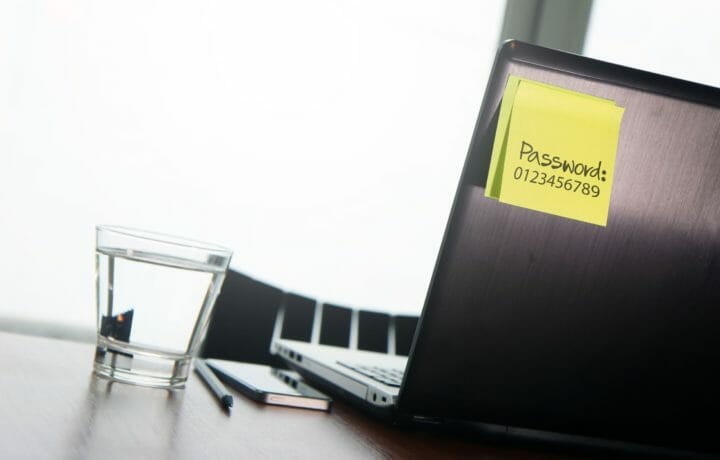Hackers have become more sophisticated in their techniques, more active, and more dangerous. The 2010 National Security Strategy white paper claimed that “cyber security threats represent one of the most serious national security, public safety, and economic challenges we face as a nation.” U.S. intelligence officials concluded in a 2011 report that in China’s case, industrial espionage has become an integral part of China’s effort to become the world’s largest economy by stealing company secrets. As Richard Clarke, former special adviser on cybersecurity to U.S. President George W. Bush, said at an October, 2011 conference on network security, the ramifications for the U.S. of this hacking cannot be overstated. The good news is that there are ways individuals can protect themselves from hackers when travelling abroad, particularly to countries like China which have been notoriously guilty of hacking efforts.
Kenneth G. Lieberthal, a China expert at the Brookings Institution, shared some of his tips to prevent cyber security attacks when travelling to China in a recent New York Times article. Lieberthal leaves his cellphone and laptop at home and instead brings “loaner” devices, which he erases before he leaves the United States and wipes clean the minute he returns. In China, he disables Bluetooth and Wi-Fi, never lets his phone out of his sight and, in meetings, not only turns off his phone but also removes the battery, in case his microphone can be turned on remotely. He connects to the Internet only through an encrypted, password-protected channel, and copies and pastes his password from a USB thumb drive. He never types in a password directly, because “the Chinese are very good at installing key-logging software on your laptop.”
Jacob Olcott, a cybersecurity expert at Good Harbor Consulting, takes it a step further. He considers it “business 101” that those on business in China shouldn’t bring any devices with them.
U.S. government agencies and private corporations are taking similar protective measures. Representative Mike Rogers, the Michigan Republican who is chairman of the House Intelligence Committee, said its members could bring only “clean” devices to China and were forbidden from connecting to the government’s network while abroad. Employees at the State Department get specific instruction on how to secure their devices in Russia and China, and are briefed annually on general principles of security. McAfee, the security company, said that if any employee’s device was inspected at the Chinese border, it could never be plugged into McAfee’s network again. Although Google would not share their employee travel policy, anonymous employees have reported that when travelling to China they are prohibited from bringing sensitive data and must only bring loaner laptops unless they have their laptops inspected upon return.
The moral of the story? Travel overseas at your own risk. With increasing emphasis on cybersecurity and an ever-present threat of foreign agents looking to get your information, all foreign travel opens up increased business concerns.
– Kristina Olney


